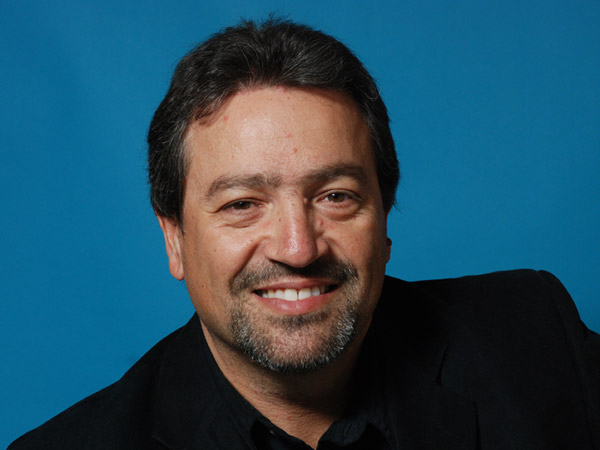
By Neale McDevitt
The way Dr. Camillo Zacchia sees it, when discussing issues of mental health, people shouldn’t focus solely on the bad. “We usually talk about anxiety, depression and so on. It’s one thing to talk about what’s going wrong but it’s important to understand what goes right as well,” he says. “We need to look closely at what makes people function well.”
In his May 7 presentation, Zacchia will explore ways in which people can improve and maintain their mental wellbeing. The workshop, titled “Happiness and Wellbeing (Mental Health 101): Finding nirvana in a cup of coffee and other secrets to happiness,” is one of a series designed for McGill employees by Human Resources as part of National Mental Health Week.
“One of the real keys to being happy is finding and maintaining a balance in your life,” says Zacchia, a clinical psychologist and a senior advisor in the Mental Health Education Office of the Douglas Mental Health University Institute. “When we talk about the pillars of happiness, we look at work, play, family and those kinds of things,” he says. “The problem arises when people concentrate too much on one aspect and devote less and less time to the others.”
One of the things that makes us happy is work. “It is what we do and it gives us a sense of purpose,” says Zacchia. “I’m a psychologist and I get satisfaction and happiness out of my professional identity when I’m doing my job well.
“But when I’m at the ballpark in my shorts watching my kids play Little League with all the other parents, I’m just a dad. I’m not a psychologist,” continues Zacchia. “So in addition to my professional role I also have a social role. And we have all kinds of roles – as a father, a son, a sister, a wife and a friend. The quality of these various relationships helps round us out which, in turn, brings us a great deal of satisfaction.”
On top of fulfilling these various roles, people need to make time for themselves. “This is time for play and to do the things that I enjoy, be it reading or biking or singing to heavy metal at the top of my lungs in my car,” says Zacchia.
While work is an essential part of the happiness equation, Zacchia says it often is the element that throws everything off balance. “The problem is that people often confuse work and earning a living with ‘earning as much as I can’ or ‘doing as much as they can.’ But if all that work means you miss your weekly golf game or are squeezing out time with friends and family, then it comes at too great a cost,” he says.
“Sure, you should concentrate on doing your job well, but you have to also make sure that you keep time to nurture those other relationships.”
Zacchia says that the happiest people are also ones who are able to “live in the moment,” even during difficult times. “Sometimes we don’t do this very well because we are caught up with the big picture,” he says. “I have a deadline. I’ve got exams. My mother is sick… Yes, you are stressed at work, but two minutes ago you ran into an old friend and had a good laugh. Even a bad day can have its good moments.
“Happiness doesn’t just come because my job is going great, it also comes from my ability to appreciate that for this one fleeting moment I have had a pleasant experience. If you can do this, then you will look forward to what the next moment will bring, rather than dreading it.”
For more information on all the activities offered by Human Resources during National Mental Health Week (May 5-9) and to register for events, go here.
